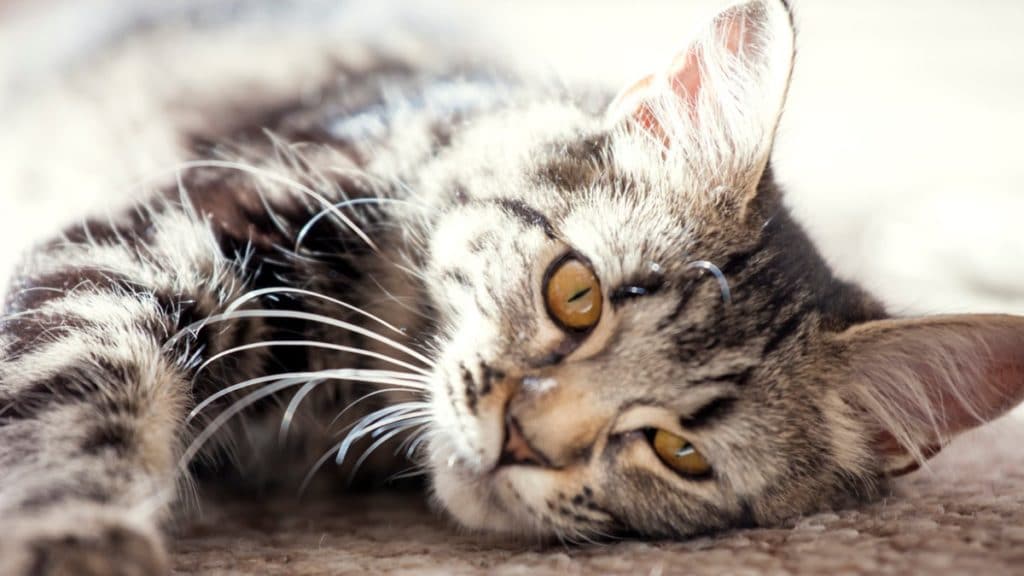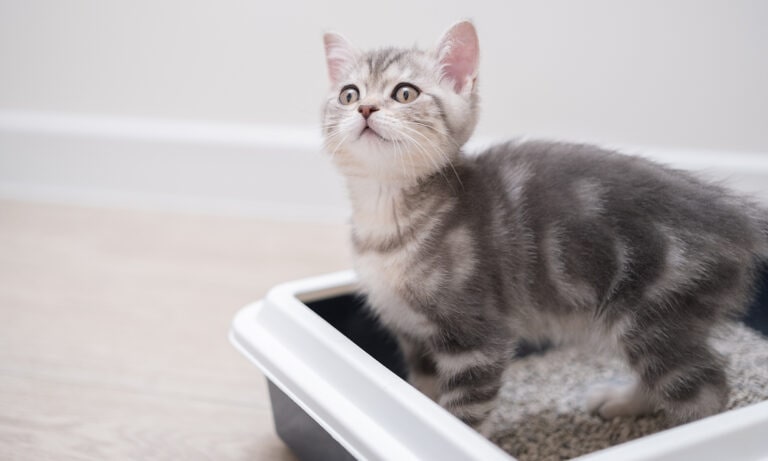Q.
My 10-year-old indoor tabby cat has a stuffy nose and is sneezing. She was on Baytril when she first got sick, and the medicine cleared it up.
Three months later it came back.
She then took azithromycin and L-lysine, which cleared it up.
Three months later it came back again.
Our cat’s vet says a virus in her immune system, like herpes, causes my cat’s sneezing and stuffy nose and she’ll never get rid of it. A complete blood count and X-rays all came back OK. Do you have any other ideas to help her? Has my vet given up?
A.
It sounds like your cat has a recurrent herpes virus infection. Most kittens experience a viral upper respiratory infection at some point in their kittenhood. The main viral culprit is the rhinotracheitis virus, which is a herpes virus, a.k.a. herpesvirus. The kitten usually recovers, but the virus is not eliminated from the body. Herpes viruses, as most people know, have the frustrating characteristic of being able to stay in the body forever. Occasionally, the dormant virus can re-emerge later in life and cause clinical signs — sneezing, nasal and eye discharge, etc. — especially during times of stress.
Antibiotics help defeat or prevent any secondary bacterial infections, and L-lysine helps the virus go back to being dormant more quickly. In most cats, the virus stays dormant for months or years and causes no problems at all. In other cats, especially those that are immunosuppressed (for example, cats with feline leukemia virus or the feline immunodeficiency virus), the virus can re-emerge at any time and cause clinical signs. Make sure your cat has been tested properly for FeLV and FIV. Cats that are prone to recurrent herpes virus infections may benefit from receiving L-lysine every day. As an amino acid, L-lysine would cause no harm if given every day.
By: Dr. Arnold Plotnick
Cat Sneezing
Share:










